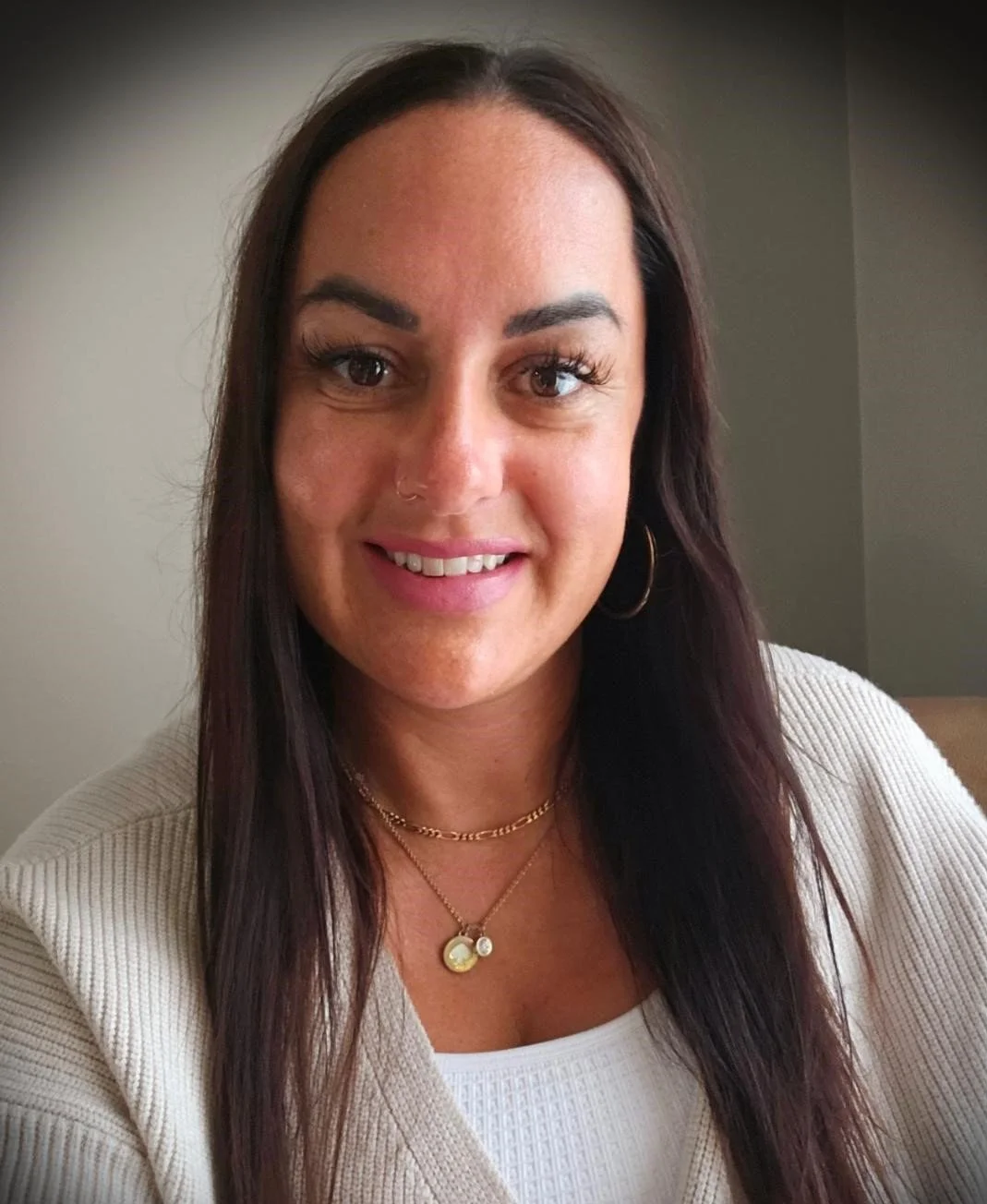
Online ADHD Therapy in Ontario. Qualified CBT Therapists
We support you in finding organization and time management skills when you are surrounded by chaos. With personalized help, you can learn how to deal with ADHD.
Your Journey to Deal with ADHD Starts with a CBT Therapist
Is ADHD holding you back from reaching your full potential? If your symptoms are interfering with your daily life - It's time to take control and start living your life to the fullest!
At Virtual CBT Psychotherapy, our therapists specialize in Cognitive Behaviour Therapy (CBT). CBT is an effective therapy that can help you manage your ADHD symptoms. It can help you find a path to a happier, more organized, and more productive you.
We offer online counselling to Ontario residents. This means that you can learn the tools you need from the comfort of your home.
Now offering ADHD Assessments and Screening to adults! Learn about ADHD Assessments. Book a free consultation to get started with an ADHD therapist or psychologist.
*** Learn about our therapy and psychological testing fees for ADHD. ***
Our Online ADHD Services for Ontario Residents:
ADHD Screening
ADHD Assessment and Diagnosis for adults
CBT for ADHD for teens and adults
How do I get started with ADHD Support?
Don't let ADHD hold you back any longer. Take the first step toward a better future.
Schedule a free consultation with us today. Click the tab below! We will match you with a qualified therapist in Ontario.
Our CBT therapists will help you with cognitive restructuring and behaviour skills training. This includes organization and time management skills. It will give you the tools to manage your ADHD and improve focus and productivity.
Meet our ADHD Therapists
-

Melissa Lindstrom
Registered Social Worker
-

Alpar Szotyori
Registered Psychotherapist
-

Anneliese Surmann
Registered Social Worker
-

Crystal Pacheco
Registered Social Worker
-

Toni Jacobs
Registered Social Worker
Symptoms of ADHD
A common symptom of ADHD is inattention, which can look like:
You have trouble paying attention to details. You also make careless mistakes in school, work, or other personal activities
Trouble sustaining attention in tasks or leisure activities
Often seeming not to listen when spoken to directly
Difficulty following through on instructions or finishing tasks
Trouble organizing tasks and activities
Avoiding or disliking activities that require sustained mental effort
Frequently losing important items like keys, glasses, or homework
Easily distracted by things
Forgetfulness in daily life
Another common symptom of ADHD is hyperactivity, which can look like this:
Fidgeting with hands or feet or squirming in the seat
Frequently leaving one's seat in situations where remaining seated is expected
Running or climbing excessively in inappropriate situations (in teens, this may manifest as feelings of restlessness)
Difficulty engaging in quiet activities
Being "on the go" or acting as if "driven by a motor"
Talking excessively
Impulsivity is also a common symptom of ADHD and can include:
Blurting out answers before questions have been completed
Difficulty waiting one's turn
Interrupting or intruding on others' conversations or activities
Impatience and difficulty delaying gratification
The symptoms of ADHD vary from person to person. A proper diagnosis should be made by a qualified healthcare professional. They should evaluate the individual's behaviour and history.
ADHD Options for Help
Medication:
Stimulant medications like Adderall and Ritalin help regulate brain neurotransmitters. This improves focus and attention.
Doctors may prescribe non-stimulant medications like Strattera. They are for those who don't respond well to stimulants.
Behavioural Therapy:
CBT teaches practical strategies. They help manage impulsivity and improve decision-making skills.
Behavioural interventions focus on positive reinforcement and rewards for desired behaviours.
Educational Support:
IEPs in schools provide tailored support. They offer things like extra time on tests or assignments. This helps with challenges related to ADHD.
Parental Training:
Parents can learn effective parenting strategies to support and manage their child's behaviour. These strategies create a structured and consistent environment.
Environmental Modifications:
Creating a good environment with few distractions helps people with ADHD. It helps them focus better on tasks.
You can implement organizational tools and systems to promote order and reduce stress.
Exercise and Nutrition:
Regular physical activity helps in burning excess energy and improving concentration.
A balanced diet has proper nutrients. It includes omega-3 fatty acids. This diet can improve brain function.
Mindfulness and Relaxation Techniques:
Mindfulness meditation and relaxation exercises assist in reducing stress and improving attention.
Support Groups:
Joining support groups provides community. It lets people with ADHD share experiences and coping strategies.
Alternative Therapies:
Some people benefit from complementary approaches. These include acupuncture, chiropractic care, and dietary supplements. But, approach these with caution and consult healthcare professionals.
It's crucial to note that treatments vary from person to person. A mix of approaches is often recommended for full ADHD management. Always consult with healthcare professionals to determine the most suitable treatment plan.
To learn more about ADHD, visit our blog posts:
ADHD Books
Mastering your Adult ADHD: A Cognitive-Behavioral Treatment Program
Frequently Asked Questions
-
Yes, ADHD can be a lifelong condition, but symptoms can change over time. Some people may continue to experience symptoms into adulthood, while others may find that their symptoms improve as they get older.
It's essential to work with healthcare professionals to manage symptoms effectively and develop strategies for success in daily life.
Source: National Institute of Mental Health. (n.d.). Attention-Deficit/Hyperactivity Disorder (ADHD).
-
Some individuals prefer to manage ADHD without medication, and that's possible. Therapy, behavioral interventions, and lifestyle adjustments can help. Therapy, like Cognitive Behavioural Therapy (CBT), can teach coping skills and organizational strategies.
Behavioural interventions, such as creating routines and using rewards, can also be effective. Additionally, lifestyle changes like regular exercise, a healthy diet, and good sleep habits can make a big difference in managing symptoms.
Source: National Institute of Mental Health. (n.d.). Attention-Deficit/Hyperactivity Disorder (ADHD).
-
ADHD can be managed without medication for some individuals. There are various treatment options available, including therapy, behavioural interventions, and lifestyle modifications.
Therapy, such as Cognitive Behavioural Therapy (CBT), can help individuals develop coping strategies and improve organizational skills. Behavioral interventions, like creating structured routines and using rewards systems, can also be beneficial. Additionally, lifestyle changes such as regular exercise, a healthy diet, and consistent sleep patterns can play a significant role in managing ADHD symptoms.
Reference:
National Institute of Mental Health. (n.d.). Attention-Deficit/Hyperactivity Disorder (ADHD).
-
Yes, a psychologist can diagnose ADHD. They use a variety of tests and assessments to understand a person's behaviour, attention, and learning patterns.
If you think you might have ADHD, talking to a psychologist can be a good first step. They can help identify the condition and suggest treatments to help manage it.
Learn about our psychologists and Emily MacQuarrie (psychologist in supervised practice) who can assess for ADHD.



